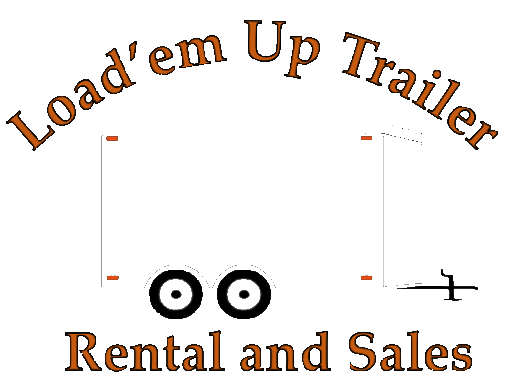When it comes to safe towing, understanding the fundamentals of your towing setup is essential. Selecting the correct ball hitch size is crucial, as it directly impacts the security, balance, and safety of your trailer on the road. In this guide, we’ll cover everything you need to know about ball hitch sizes to help you safely tow your car, boat, camper, or utility trailer.
Are All Hitch Balls the Same?
Not all hitch balls are alike; they come in different sizes, each designed to meet specific towing requirements. Properly matching your hitch ball to your trailer coupler ensures stability, maneuverability, and overall safety. When choosing a hitch ball, there are three primary factors to consider:
- Coupler Size: Your trailer's coupler must match the hitch ball diameter for a secure, snug fit.
- Trailer Ball Hole Diameter: The hole in your ball mount should match the shank diameter of the hitch ball to prevent wobbling or loosening.
- Towing Capacity: Each ball hitch size is rated to tow a maximum weight. Using the wrong hitch ball for your load could lead to serious safety risks.
Types of Ball Hitches and When to Use Them
There are several standard trailer hitch ball sizes, each tailored to different load weights and types of trailers. Here’s a breakdown of the main hitch sizes and their best applications:
1⅞-Inch Trailer Ball
- Best For: Light-duty trailers with a load capacity of up to 3,500 lbs.
- Common Uses: Small utility trailers, personal watercraft, and lightweight campers.
2-Inch Trailer Ball
- Best For: Medium-duty towing with capacities up to 12,000 lbs
- Common Uses: Medium-sized trailers, small boats, and single-vehicle trailers.
2 5/16-Inch Trailer Ball
- Best For: Heavy-duty trailers with weight capacities up to 30,000 lbs
- Common Uses: RVs, multi-car trailers, livestock trailers, and commercial equipment.
3-Inch Trailer Ball
- Best For: Industrial towing and gooseneck trailers carrying loads up to 30,000 lbs
- Common Uses: Gooseneck trailers for heavy equipment
Ball Mounts and Adjustments
The ball mount connects your trailer hitch to your vehicle and provides level alignment between your vehicle and trailer. There are two main types:
- Fixed Ball Mounts: Permanent and reliable, these mounts are suited for specific trailers with fixed couple heights.
- Adjustable Ball Mounts: Flexible and ideal for users with various trailers, these mounts can be adjusted to match different trailers heights and coupler sizes.
How to Choose the Right Ball Hitch Size
Selecting the correct hitch size is essential for safe towing. Follow these steps to make the right choice:
- Gross Trailer Weight (GTW): This is the total weight of your trailer plus cargo. Select a hitch ball that can handle this weight to avoid mechanical failures
- Tongue Weight (TW): The force the trailer exerts downward on the hitch should be around 10-15% of the GTW. This helps to maintain stability during towing.
- Vehicle Towing Capacity: Your vehicle's owner manual will list its maximum towing capacity. Ensure your hitch ball's capacity doesn't exceed this limit for safe towing.
Construction Materials for Hitch Balls
Hitch balls come in various materials, each offering different strengths, especially in terms of durability and corrosion resistance:
- Chrome: Economical and popular, but it may rust if the chrome coating wears.
- Stainless Steel: Rustproof and highly resistant to saltwater, making it ideal for marine environments.
- Zinc: A more affordable, corrosion-resistant alternative to stainless steel.
- Raw Steel: Often used for heavy-duty applications, especially gooseneck trailers where maximum strength is required.
Ensuring a Precise Fit
A secure fit between your trailer’s coupler and hitch ball is crucial to prevent movement, sway, or detachment. Verify that the ball hitch diameter matches your trailer’s coupler and that the shank of your hitch ball is tightly secured in the ball mount.
Conclusion
Choosing the right ball hitch size involves understanding the specific requirements of your trailer, tow vehicle, and load capacity. Every component in your towing setup—coupler size, weight rating, and ball mount adjustments—contributes to safe towing. At Load’em Up Trailers, we’re here to help you choose the right equipment, ensuring your ball hitch is road-ready and your towing setup is safe and secure!

